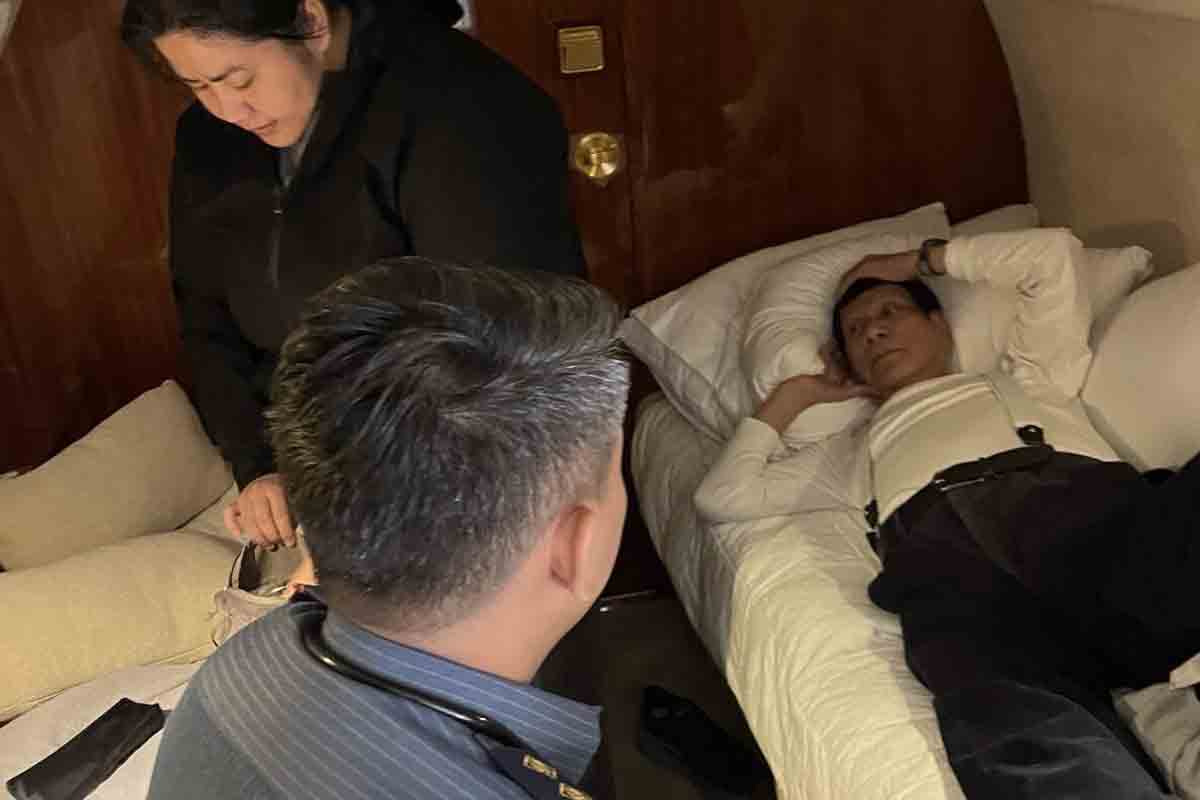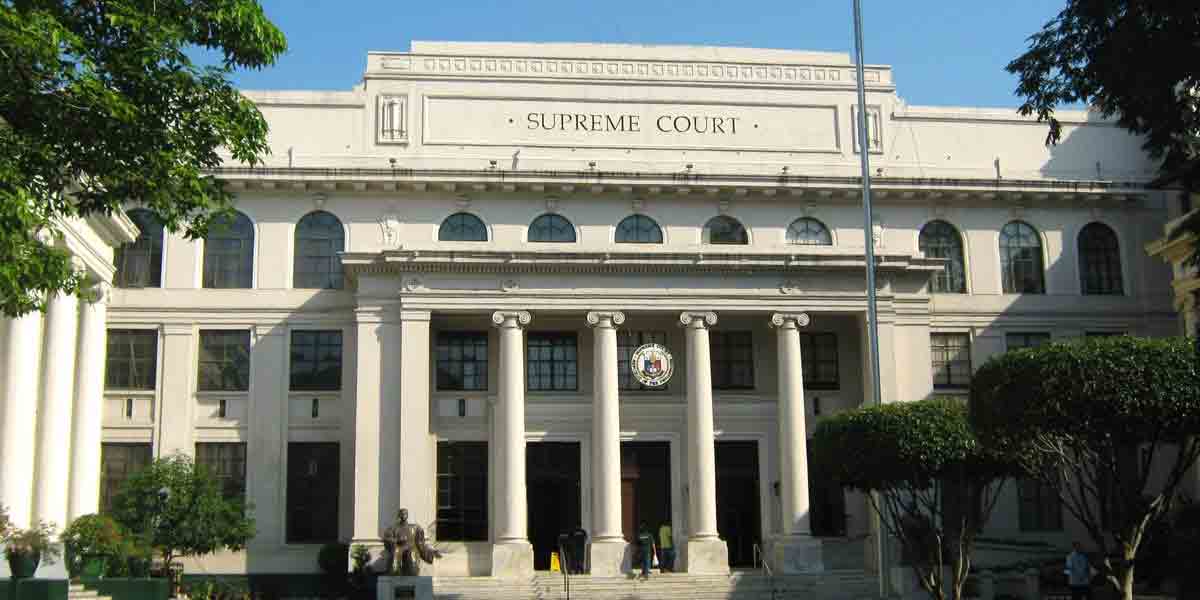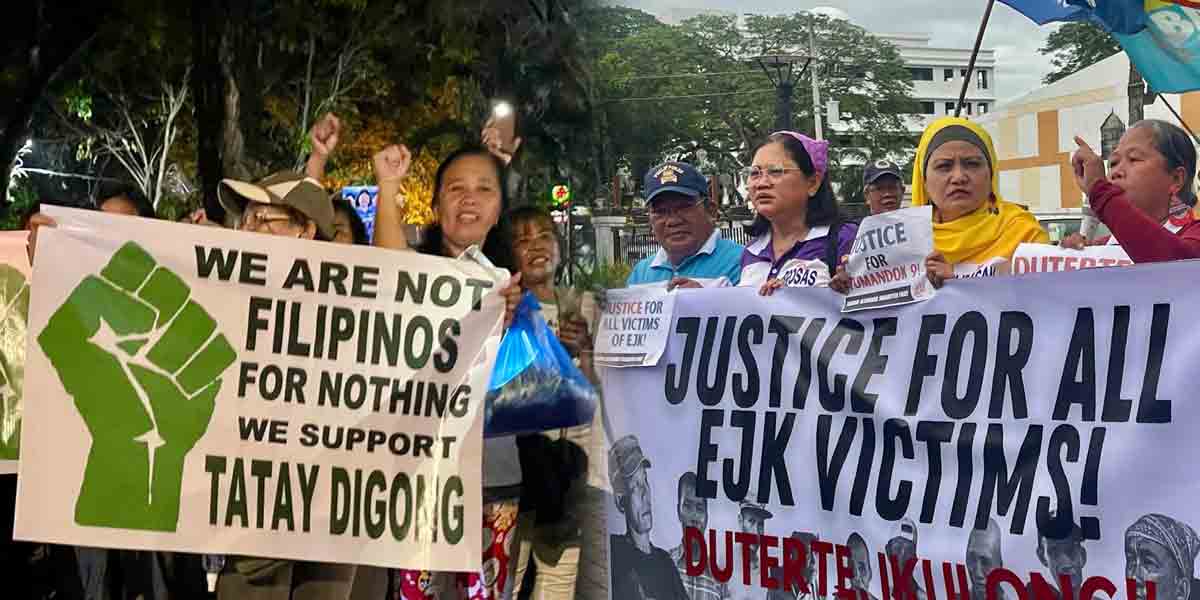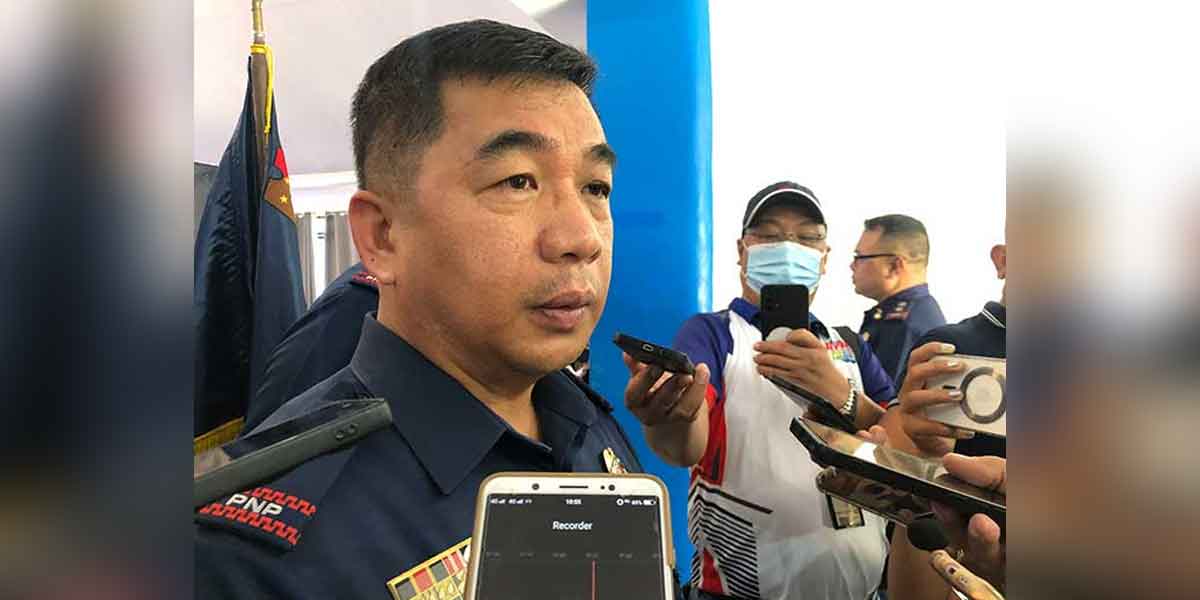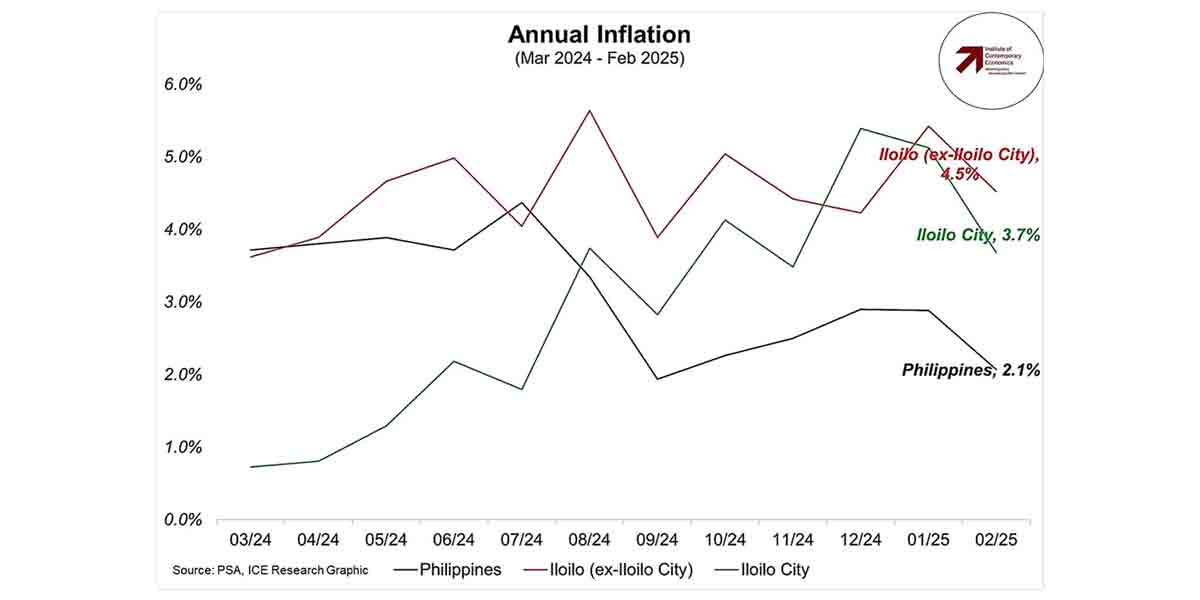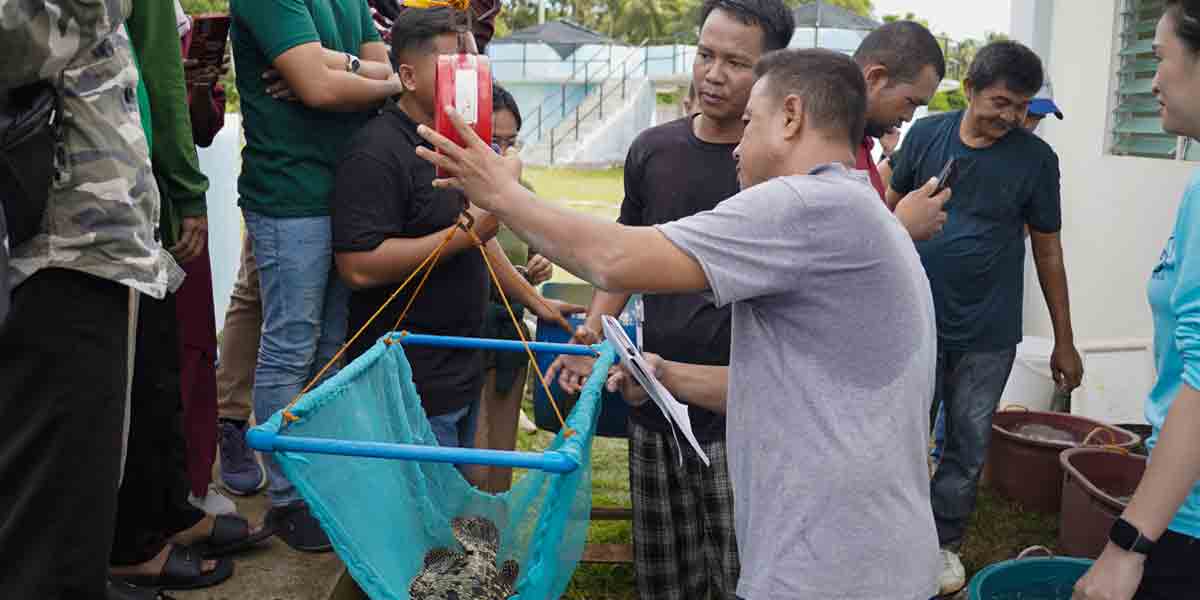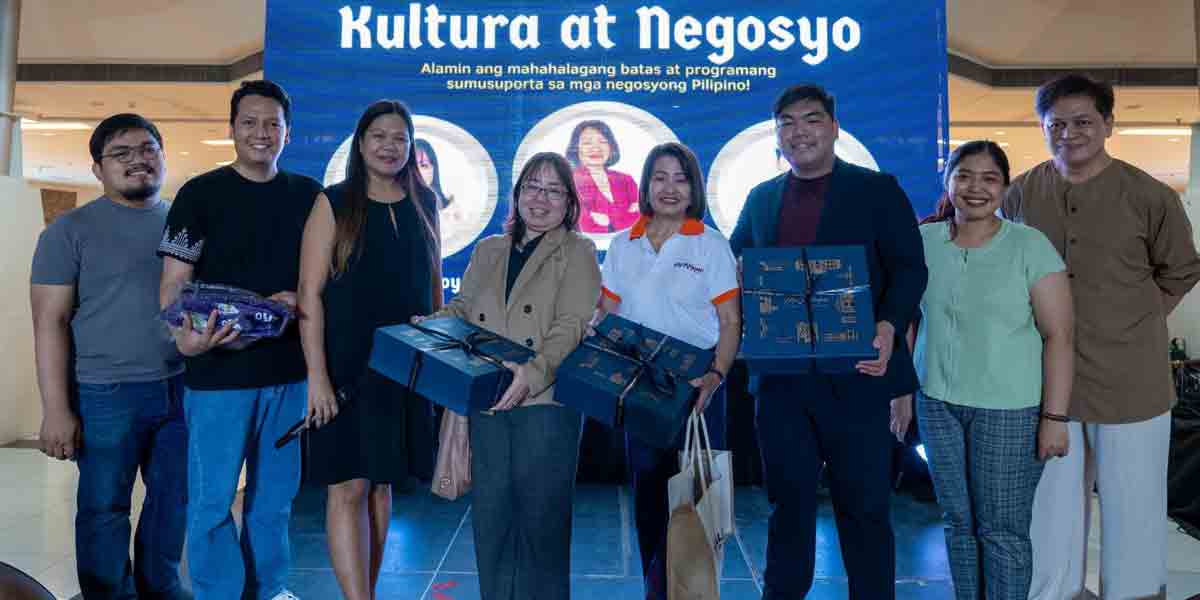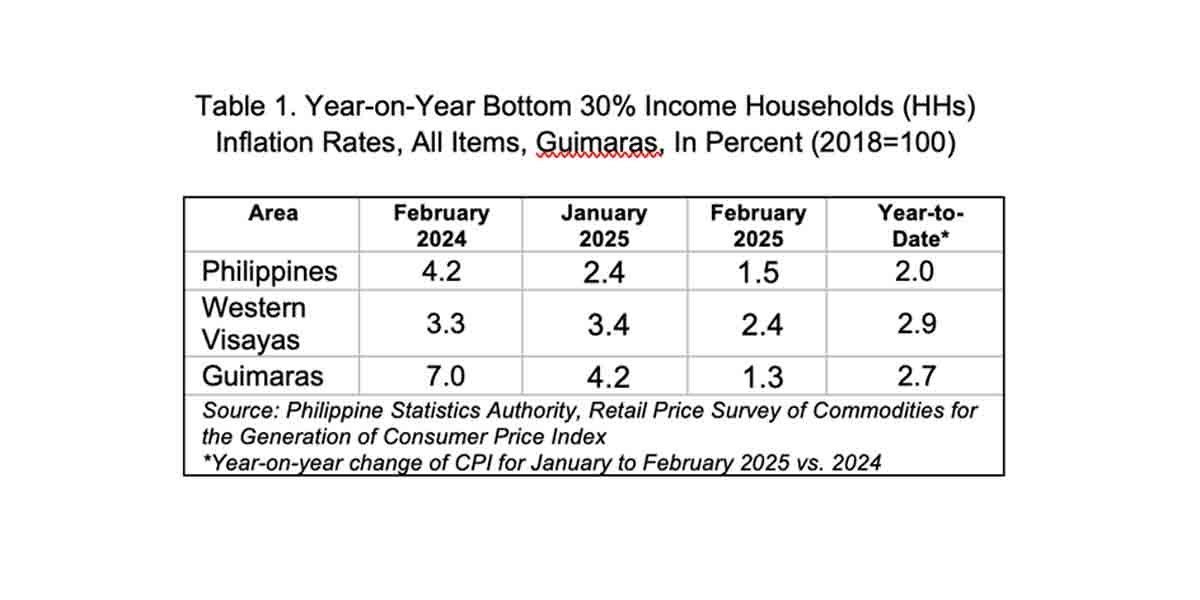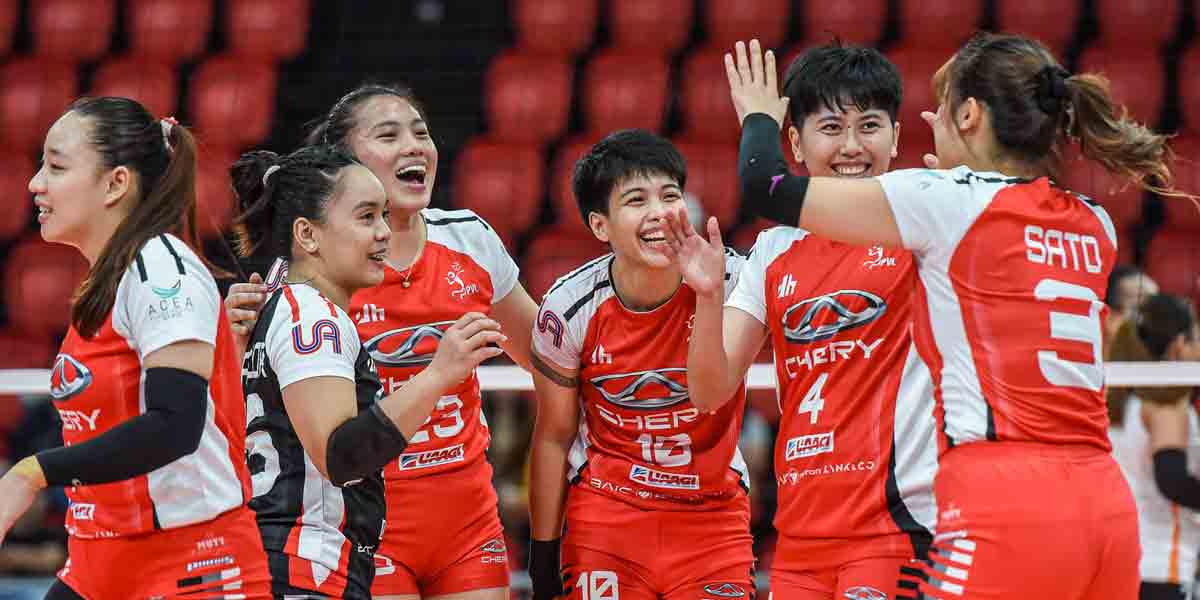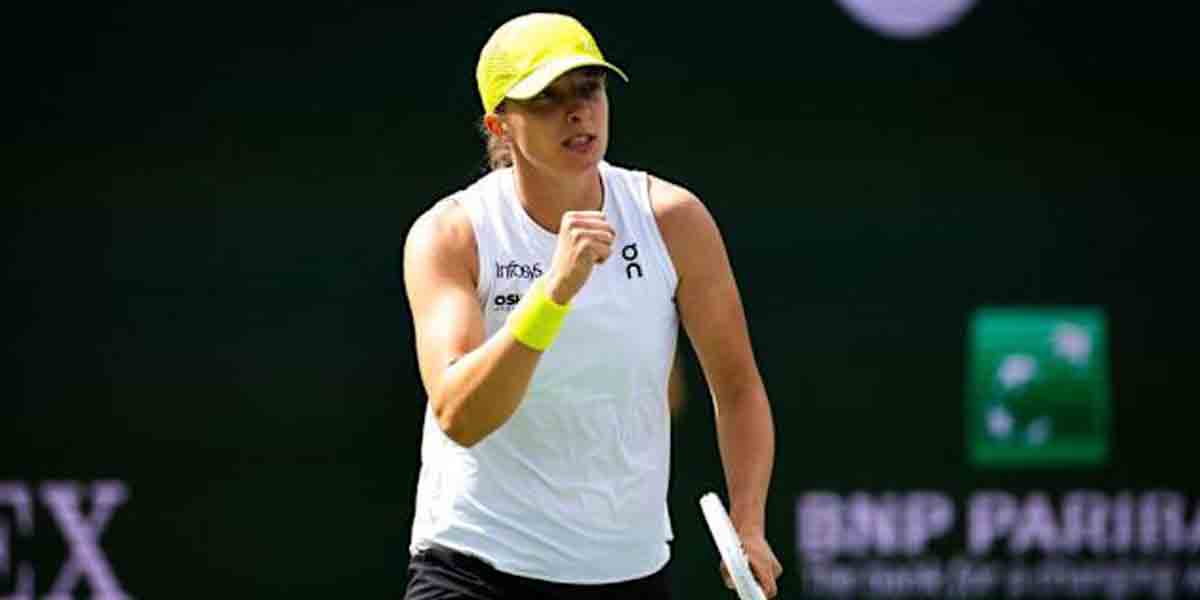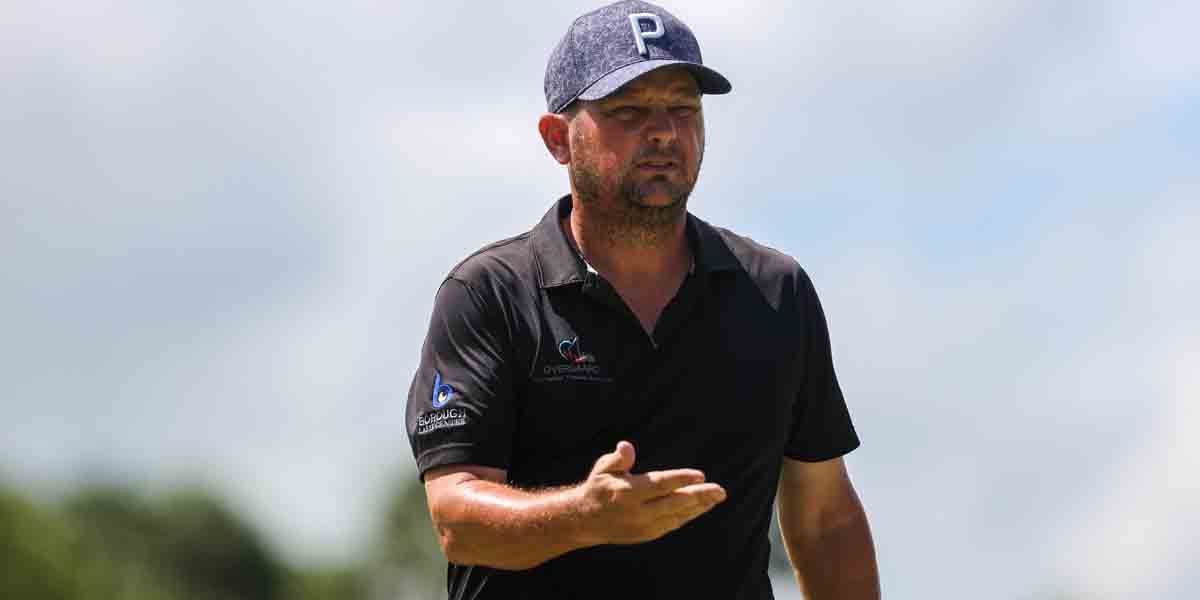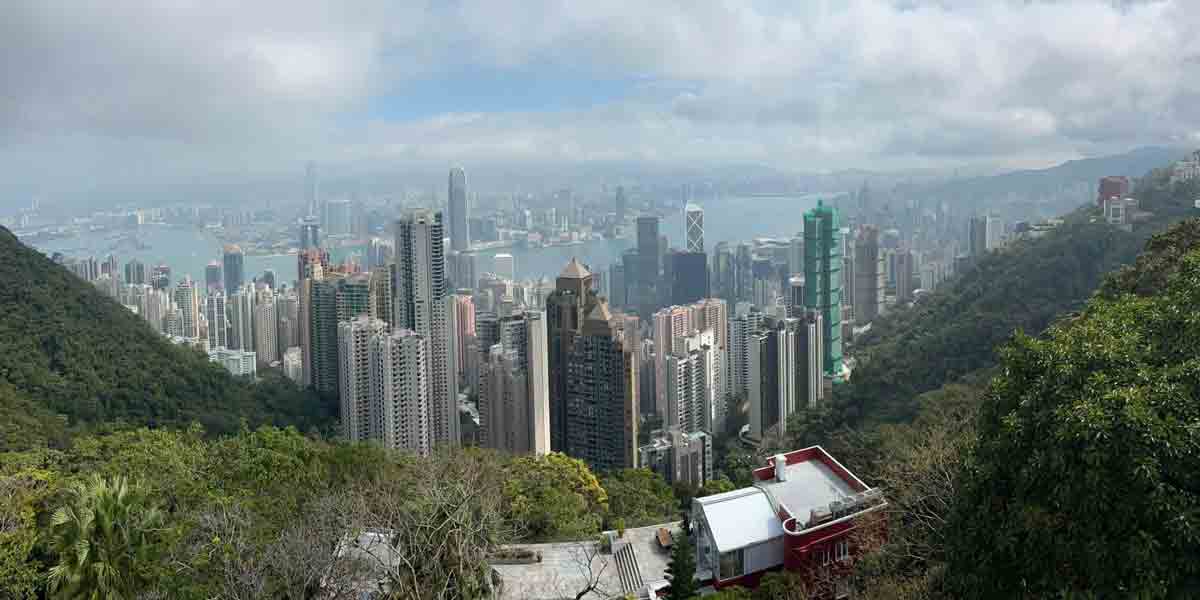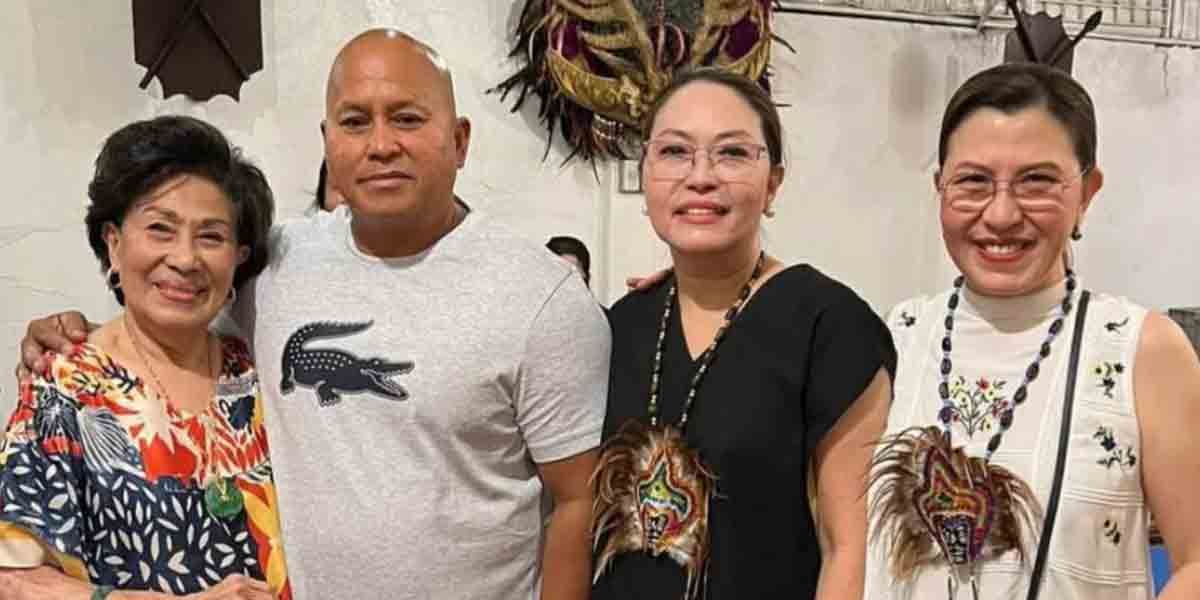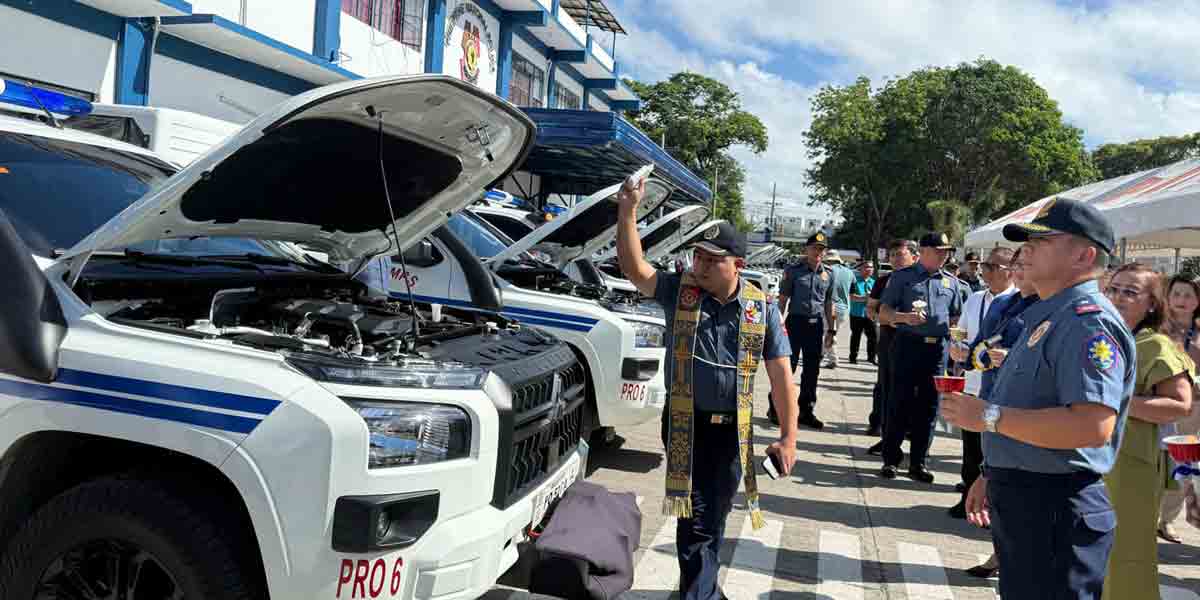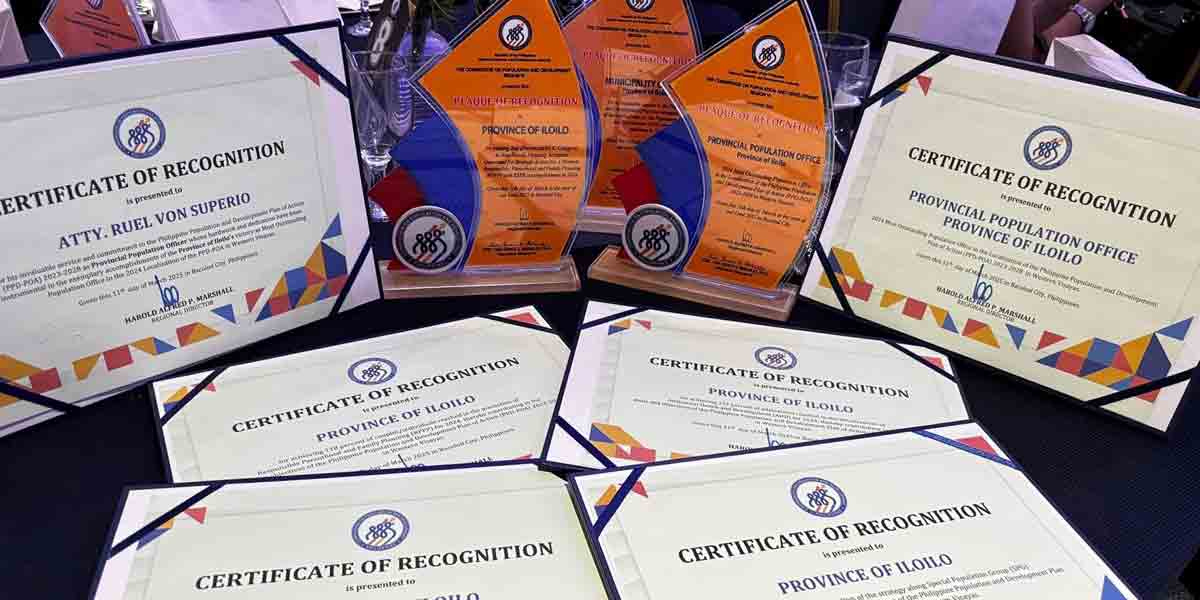By Artchil B. Fernandez
Last week while on the way to the airport, I struck a conversation with the taxi driver, a practice I usually do. Such conversation I believe is important for it provides anecdotal information of public pulse on the ground.
We talked about current events and later the conversation veered towards electoral politics. I asked him who his candidate for president is. BBM was his immediate response. Curious, I inquired why this person is his bet.
“If BBM wins,” he told me “price of gasoline will immediately go down. All that is needed for lower gas price is BBM’s signature,” he continued. “Once BBM wins he will instantly order reduction of oil price and this is important to us drivers. That is why I am supporting him,” he exclaimed.
Instead of questioning his choice, I explained instead why price of oil products are increasing. There is the war in Ukraine I told the driver and there is a law that allows the market to raise price petroleum at a whim. In 1998, Republic Act 8479, or the Oil Deregulation Law, was approved. The law deregulated the oil industry in the country.
Prior to the approval of RA 8479, price of petroleum products is regulated by the government. Before oil companies can increase gas price, they seek government approval, I explained. Now, with a deregulated oil industry it is the market that sets the price of oil products not the government.
To control or regulate the price of oil products, the Oil Deregulation Law must be repealed. Does BBM or the other presidential candidates speak about this? To lower the prices of gasoline and other products, the root of the problem must be addressed I pointed out to the driver. Did BBM say in his campaign speeches he will repeal the Oil Deregulation Law? Have we heard him disparage or take on the big three or the major oil companies in the country – Shell, Petron and Chevron?
For gas prices to go down, deregulation of oil price and issues related to the oil industry must be addressed, I made it plain to the driver. Candidates must clarify their position on issues if one wants to know if the candidate will address the concern of the voters like oil price hike. These were my last words to the driver before disembarking.
I do not know if the conversation had an impact on the driver. Such interaction I hope would make him think about his choice in the coming election. But the most important information from that friendly exchange is understanding the extent and depth of the misinformation, lies, and falsehoods waged by the Marcos campaign.
The Marcos campaign is anchored on the Great Deception. This is the first time in Philippine election that a campaign is waged based purely on lies, disinformation, misinformation, and outright falsehoods. Past election campaigns did involve lies but they were concealed and candidates project themselves to be truthful. The Marcos campaign is unique for it openly propagates lies and falsehoods. There is shameless promotion of lies and brazen and open attempt to package them as “truths.”
Different forms of deception for different audience are employed by the Marcos campaign. High gas price, for example, is the concern of drivers and the Marcos campaign is trying to win them over by telling them a Marcos signature will immediately solve the problem. The promise is dangled despite the fact that Bongbong Marcos never talked about Oil Deregulation Law or spelled out his position on the neoliberal policy of deregulation.
For the generation born after 1986 with no personal experience of EDSA People Power revolt or those with no idea of martial law, the Marcos campaign is bombarding them thru YouTube and Tiktok the false narrative that the Marcos dictatorship was a “Golden Age.” There was no “Golden Age.” Truth is the Marcos dictatorship was marred with widespread human rights violations, economic collapse, high poverty, systematic corruption and plunder of national coffers, and huge foreign and domestic debt.
The claim that Philippines was second only to Japan during the Marcos dictatorship is absurd. To say that Philippines was richer and better than Singapore and Hong Kong in the 1980s is a blatant lie. Why would hundreds of thousands of Filipinas work as domestic helpers in these rich enclaves if Philippine economy was second to Japan when the Marcos conjugal dictatorship ruled the country? Common sense is enough to expose the deception of the Marcos campaign.
To Filipinos vulnerable to pyramiding scams, the Marcos campaign is offering the tale of Tallano gold. The con is the Marcoses have tons of gold given to them by the Tallano family. If Bongbong Marcos becomes president gold bars will be distributed to Filipinos in accordance to the will of Marcos senior. Believing in the distribution of gold bars is like accepting the tale that there is a pot of gold at the end of the rainbow.
The Tallano gold is a fake story. There is no historical evidence that the Tallano family, much more their fabled gold, exists. The story that the Marcos family has tons of gold to give away is an outright lie. This is classic “budol-budol” for the gullible.
Can a campaign built on the Great Deception win? This is the question confronting Filipinos in the coming 2022 election. Should the Great Deception work, it will become the template to future elections in the country. With truth, honesty, good character, integrity, and credibility no longer important in public service, future politicians will just lie to victory. A nation standing on lies and falsehoods and built on deception will not prosper. There is no evidence in history that lies, falsehoods, deceit and trickery are foundations of a strong, progressive, advanced and prosperous nation.

